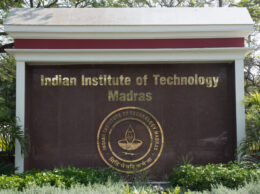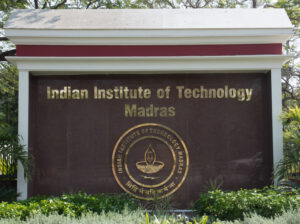Data Science is indeed a bankable career path for Indian youth, and it is a rapidly growing field in India. Recruiters primarily are from retail-FMCG, eCommerce, Banking, Healthcare, manufacturing et al and a sizeable numbers are from IT and ITES companies those deliver services to outside world, apart from tech / tech-enabled startups. However, the banking and growth potential of a career in data science can vary based on several factors, including market demand, skills, and individual circumstances. Before we get into the specific points, let us first understand the areas generally covered under this specialty:
– Data Science: work involves model building with core skills coming from statistics/ econometrics and computer sciences. Candidates typically have a flair for coding and problem solving. Model building areas drawn from machine learning, deep learning, reinforcement learning etc. Core skills would be statistics with flair for programming in Python / R and ML libraries of Python / R
– Data Analytics : work would primarily be in analysis and presentation of data for management consumptions. Candidates are required to mine data from legacy systems, ERP, CRM etc. and find patterns which can be actioned for business benefits. Typically data analytics depends a whole lot on SQL (even Excel / spreadsheets), packaged environments like SAS, Keras etc. plus there are w hole lot of packed solutions which are tailored to industry domains. Additionally, candidates are required to acquire presentation capabilities through products like Tableau, PowerBI and/or generic tools like React, D3JS (JavaScript implementation, often used to design custom BI dashboards)
– Data Engineering : this area is closer to computer science engineering than data science areas. Candidates are required to know distributed computing environments and packaged frameworks like Hadoop / Spark, big-data databases like NoSQL, MLOPs, DevOps, Cloud Engineering. This is a fairly evolving area and requires higher levels of engineering skills.
While seeking a career in data science (including allied areas like data analytics and data engineering), here are some points to consider:
1. Market Demand: Data science and analytics are in high demand across various industries in India, including finance, healthcare, e-commerce, and more. Many companies were investing in data-driven decision-making and looking for data science professionals to help them leverage their data.
2. Salary and Compensation: Data scientists in India often received competitive salaries, especially those with strong skills and experience. Salaries could vary based on factors like location, experience, and the specific industry. In India, average graduate salaries for a BTech computer science (acquired from an average university) range between Rs 3-lacs – 8 lacs ; however, with qualifications in data science (in the form of an undergraduate degree or post graduate work) one would easily fetch a salary of Rs 15 lacs – 30 lacs. This is because, the demand for data science graduates are far outstripping supplies at this point in time.
3. Skill Development: Data science is a multidisciplinary field that requires a strong foundation in mathematics, statistics, programming, and domain-specific knowledge. Continuous learning and skill development are essential to stay competitive in the field.
4. Education and Training: Many Indian universities and online platforms offered data science courses and programs to help individuals acquire the necessary skills. Pursuing a relevant degree or certification can be beneficial for career advancement. However, it is not possible to gain much understanding of the subject through a fast-track course in 6-7 months as often advertised online.
5. Job Opportunities: Data science roles include data analysts, data engineers, machine learning engineers, and more. The availability of specific job opportunities can depend on the industry and region. For instance, in India, currently, the best opportunities for such skills are available in Bangalore, Hyderabad, Pune, Delhi-NCR areas.
6. Industry Trends: Keeping up with the latest trends and technologies in data science, such as machine learning, deep learning, and big data technologies, is crucial for career growth.
7. Competition: As the field becomes more popular, competition for data science positions may increase. Having a unique skill set or specialization can give you an edge.
8. Flexibility: Data science skills are transferable across industries, providing some flexibility in choosing a career path.
It’s essential to conduct thorough research and consider your own interests and aptitude before pursuing a career in data science. The field is fast evolving, with every 6 months, a major product is released leading to industry disruption and therefore, it becomes an area of continuous learning & development. Additionally, networking and building a strong portfolio of projects can help you stand out in the competitive job market
It’s important to note that the job market can change over time, and the relevance and demand for specific skills may evolve. To assess the current status of data science as a career path for Indian youth, I recommend researching recent job market trends, industry reports, and consulting with professionals in the field. Additionally, staying up-to-date with the latest tools, technologies, and methodologies in data science will be essential to remain competitive in this field.








